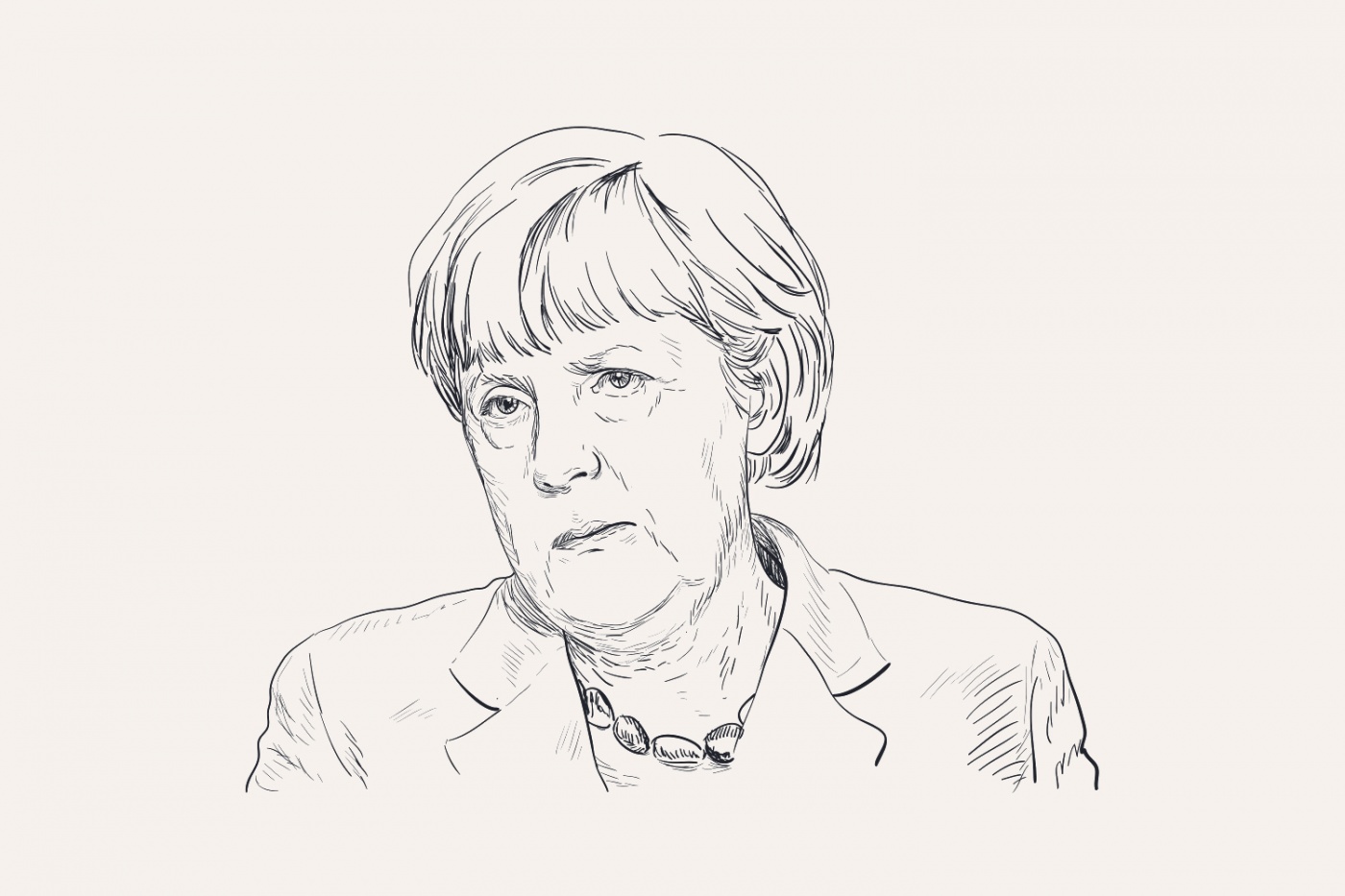This Is What Great leadership Looks Like in the Age of Covid-19
In such grim times, when the world is suffering from a pandemic and the majority of people are struggling financially, citizens look to world leaders to take decisive action and to well, lead. Abraham Lincoln is a prime example of what great leadership is: he led America through The American Civil War in 1861 and liberated the African Americans from slavery. Above all, he had the courage to claim ownership over all his actions. “You cannot escape the responsibility of tomorrow by evading it today,” he once famously said. Although leadership styles vary, the hallmarks remain constant. From displaying empathy to communicating with integrity, here are five attributes that separate the mediocre from the great.
1. Be calm and confident
Especially during a crisis, the best leaders are adept at inducing a sense of calm, so that others remain level-headed when emotions are high. Andrew Cuomo, New York’s Governor has been highly lauded by the masses for his imperturbable composure. Amid the chaos caused by the outbreak, Cuomo is a beacon of calm, evident in the way he tells the public that “we’re fighting the same war and we’re in the same trench,” and that the majority of people who tested positive for Covid-19 will recover. He displays confidence by giving a frank assessment of the current situation (unlike Trump), while urging New Yorkers to keep their chin up and remain positive.
2. Be decisive and communicate clearly
In a rapidly changing world, competent leaders are not only decisive but also able to articulate their course of action succinctly. Case in point: New Zealand Prime Minister Jacinda Ardern’s response to the pandemic on March 21 was resolute and swift. In a cogent eight-minute statement to the nation, she announced her plans for a four-level Covid-19 alert system, while other countries around the globe were still procrastinating and took great pains to explain the rationale behind the strict lockdown and the mandatory 14-day quarantine for returning New Zealanders. Her compelling speech struck a chord with her fellow citizens and her efforts have paid off. Today, New Zealand recorded its first day of zero new coronavirus cases since the lockdown.
3. Be compassionate and empathetic
Compassion is one of the most essential characteristics of an extraordinary leader that is oftentimes overlooked. A great leader always puts himself in the shoes of his people and endeavours to find the best possible solutions for them. This means placing the needs of others first and taking their feelings into consideration. Norway’s Prime Minister Erna Solberg is a paragon who is able to make tough decisions yet be empathetic towards her countrymen. In a special television broadcast, she responded to the children’s questions about the virus and patiently assuaged them that the fear they felt was normal. This display of care and dedication won her the country’s admiration and trust, leading to a 70 per cent increase in the public’s approval of her management.
Another way a leader can connect with his audience is by sharing personal anecdotes. Take a page out of Cuomo’s book and observe how he gave a touching and humanising speech that showed his understanding of the immense frustration New Yorkers felt at the loss of freedom. Cuomo went on further to remind them that they were all struggling together (his own brother had tested positive for coronavirus and he had not seen his daughter for two weeks), and would eventually emerge from the crisis stronger.
4. Be transparent
Withholding relevant information and soft-pedalling the gravity of the situation are by no means a quick fix. Regardless of how severe and traumatic the news may be, it is still the duty of a great leader to communicate the truth, as well as ensure that proper systems are in place. Even in the early stages of the coronavirus outbreak, Chancellor Angela Merkel was candid enough to profess that the virus would likely afflict 70 per cent of the population, as she wanted the public to “take it seriously.” Her decision to not sugar coat the truth has helped Germany achieve a relatively lower fatality rate (compared to other European countries), and is a testament to her honesty and openness.
5. Be accountable for your actions
From demonising journalists to advising people to inject disinfectant into their bodies, an egregious leader will try to distract people from the main issue or blame anyone and anything apart from themselves. Others are simply quick to trivialise the pandemic like Brazillian president Jair Bolsonaro who likened the coronavirus to a mild flu and Turkey’s President Recep Tayyip Erdogan, who put the economy before lives. But being accountable means acknowledging the problem at hand and the steps to take to mitigate the situation. Cuomo is once again a luminous example of a leader who takes ownership of all the unpopular measures he instated. “If you are upset by what we have done, be upset at me. My judgment is to do whatever is necessary to contain this virus. Your local mayor did not close your restaurants, your bars, your gyms, or your schools. I did. I assume full responsibility,” he declared.
At the end of the day, it is not just what you do that matters, but how you do it. An exceptional leader looks at both the outcome and the process, and stands for something beyond themselves.


